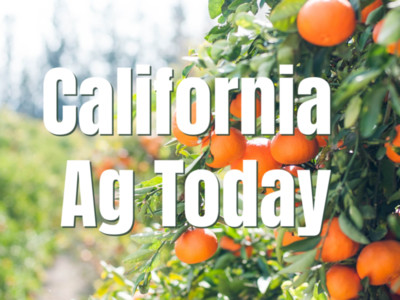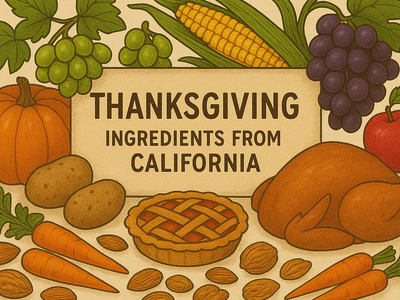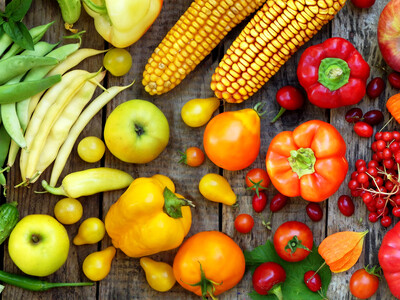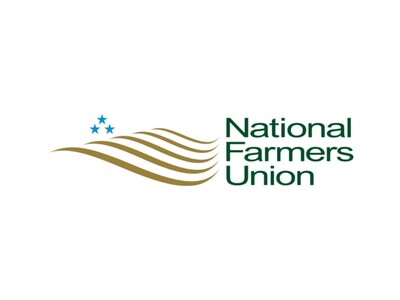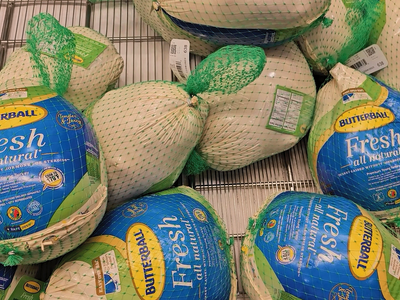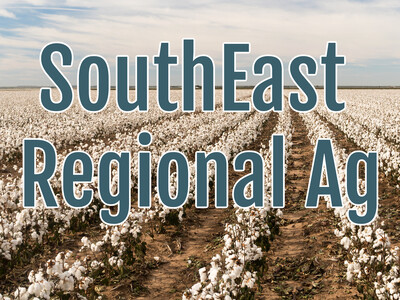Tainted Treats & Misinformation
Tainted Treats & Misinformation plus Food Forethought. I'm Greg Martin with today's Northwest Report.Once again we are hearing about tainted dog treats from China. Nearly 600 pets have died and more than 3,600 have been sickened. Most of the cases have been in dogs of all breeds, ages and sizes — although 10 cats have been sickened, too — after eating chicken, duck and sweet potato jerky treats. Nestle Purina PetCare Co.'s Waggin Train and Canyon Creek Ranch treats, plus Del Monte Corp.'s Milo's Kitchen Chicken Jerky and Chicken Grillers home-style dog treats are being recalled.
The Animal Agriculture Alliance has released a report detailing the efforts and progress America's livestock, poultry and egg producers have made over more than a decade in ensuring animal well-being, protecting the environment, using antibiotics responsibly and producing the world's safest food. Dr. Richard Raymond, former USDA Under Secretary for the Food Safety Inspection Service says there is a lot of misinformation out there.
RAYMOND: I believe the information that is often times being spread is wrong. I think both sometimes from the industry standpoint and sometimes from the people who don't want us to consume animals for a meat source protein are equally wrong. The numbers of 80% of all antibiotics sold in the United States are used in animals is inflammatory and does not represent the true issue.
Now with today's Food Forethought, here's Lacy Gray.
In recognition of October as National Cooperative Month Ag Secretary Vilsack recently announced record sales, income, and assets for agriculture and fishery co-ops in 2012, with the 100 largest agricultural cooperatives setting a new record - having reported revenue of $162 billion, an increase of more than 9 percent over 2011. There are nearly 3,000 farmer cooperatives across the country whose members include a large portion of our nation's two million farmers and ranchers. There are nearly one billion individual members of co-ops worldwide, in turn generating more than 100 million jobs. Food security is a highly volatile issue right now. At last year's International Food and Agricultural Congress Stephane Bertrand stated that ag co-ops help give farmers access to the resources they need for production, as well as access to markets where they can move their products, while giving them the opportunity to participate in decision making, greater access to land ownership, and greater negotiating powers. "In this way", he said, "agricultural cooperatives ultimately help reduce poverty, ensure greater food security and eradicate hunger across the globe".
Thanks Lacy. That's today's Northwest Report. I'm Greg Martin on the Ag Information Network.






